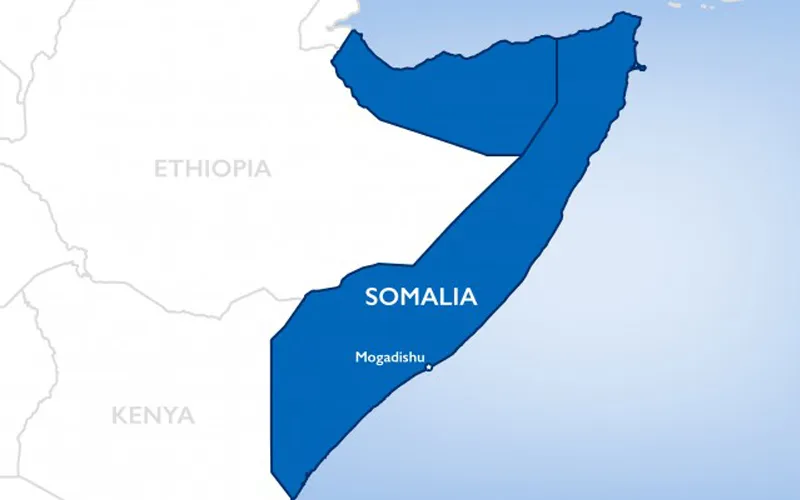The Religious Freedom in the World Report (RFR) 2021 released by the pastoral charity, Aid to the Church in Need (ACN) International ranked Somalia at position 23 among 62 countries where “the most intense” violations of religious freedom occur.
“While in principle the constitution of the Federal Republic of Somalia guarantees freedom of religion, it is severely limited in practice because of the strong social pressure to adhere to Sunni Islam; this leaves religious minorities vulnerable to harassment and marginalization,” ACN officials said in the April 20 report.
They added in reference to Somalia, “Prospects for human rights, including freedom of religion, are substantially negative for the foreseeable future.”
Amid the ongoing Somali Civil War that started in 2009, the Church has been reaching out to the affected people through Caritas Somalia, “which works on a social level providing assistance to the population in difficulty, especially the weakest groups such as children and women,” the April 29 report indicates.
The report that has been published by Agenzia Fides, the information service of Propaganda Fide, further indicates that Caritas Somalia officials reached out to an estimated 3,500 people in Puntland, the Northeastern part of the country who were affected by Cyclone Gati in 2020.
“It was not an easy intervention because it was carried out in an area where the presence of jihadists is strong,” the April 29 report indicates referencing the work of Caritas Somalia in Puntland.
In the self-declared Republic of Somaliland, which the international community considers part of Somalia, Caritas Somalia that is operating under the name Caritas Naxariis (Mercy) “is working on an educational project for 35 displaced children.”
With the COVID-19 pandemic, officials of the development and humanitarian arm in the country have been reaching out to people in Mogadishu, Garowe, and Bosaso areas with educational programs to prevent the spread of the coronavirus.
“Operating in Somalia is not easy. The political situation is very complex,” Bishop Bertin says and explains, “We have before us a central power, which is trying to resurface and assert itself, which is facing federal states which, in turn, are trying to make their voice heard.”
The Italian-born Bishop explains, “In fact, this confrontation has immobilized the country. The Somali political situation is influenced by the interests of regional and international actors. The price of this situation is the instability paid by the civilian population.”








